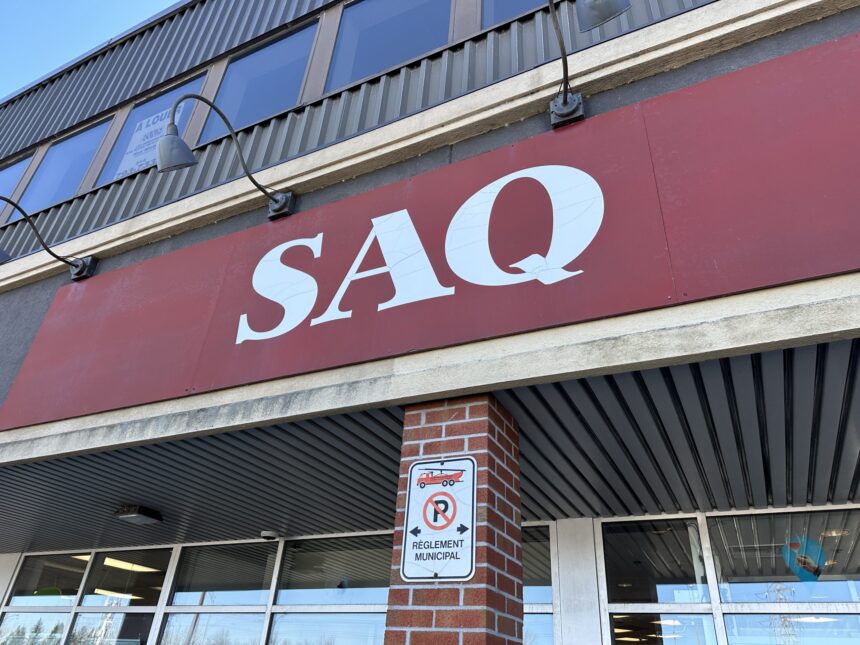In a controversial move that has ignited fierce debate across Quebec, the provincial government announced plans to extend alcohol sales at SAQ outlets until 11 p.m., prompting immediate pushback from public health advocates and opposition parties. The decision, revealed during Tuesday’s parliamentary session, represents a significant shift from the current 9 p.m. closure policy that has been in place for decades.
“Extending SAQ hours is not merely a convenience issue—it’s a public health concern that demands careful consideration,” said Dr. Marie Lapointe, Director of Quebec’s Public Health Association, in an exclusive interview. “The evidence linking increased alcohol availability to higher rates of consumption and related harms is substantial and concerning.“
The proposal comes as part of a broader economic stimulus package aimed at boosting retail sales across the province. Finance Minister Jean Tremblay defended the move, citing potential economic benefits of approximately $45 million annually and the creation of an estimated 350 jobs province-wide.
“We’ve carefully analyzed similar policies in other jurisdictions and believe this change strikes the right balance between consumer convenience and responsible regulation,” Tremblay stated during a press conference at the National Assembly.
However, the announcement has drawn sharp criticism from Québec Solidaire, which has characterized the extension as a direct threat to public health. Party co-spokesperson Gabriel Nadeau-Dubois pointed to research from the Canadian Centre on Substance Use and Addiction indicating that alcohol is linked to nearly 7,000 deaths annually in the country.
“When will this government acknowledge that alcohol is not an ordinary product?” Nadeau-Dubois questioned during question period. “Every public health expert will tell you that increasing accessibility leads to increased consumption and, subsequently, increased health and social problems.“
The timing of the announcement has raised eyebrows among political analysts, coming just months before a provincial election and amid declining approval ratings for the current administration. Critics suggest the move may be politically motivated rather than evidence-based.
Meanwhile, addiction specialists have expressed alarm at the potential consequences. Dr. Philippe Couillard, former director of addiction services at Montreal General Hospital, emphasized that alcohol-related hospitalizations already cost Quebec’s healthcare system an estimated $240 million annually.
“We’re already witnessing concerning trends in alcohol consumption patterns post-pandemic,” Couillard explained. “Extending hours of availability runs counter to every public health recommendation for reducing alcohol-related harms.”
The Quebec Public Health Directors Association has released data showing that regions with greater alcohol availability consistently demonstrate higher rates of alcohol-related emergency room visits, domestic violence incidents, and impaired driving arrests.
Interestingly, consumer response has been mixed. A recent poll conducted by Léger Marketing found that while 56% of Quebecers support extended hours, 72% expressed concern about potential public health impacts, suggesting a complex relationship between convenience desires and health considerations.
The SAQ Workers Union has also voiced opposition, citing concerns about employee safety during late-night shifts and questioning whether the projected economic benefits justify the potential social costs. Union representatives are scheduled to meet with government officials next week to discuss implementation challenges.
As debate intensifies across the province, health professionals are urging policymakers to reconsider the decision or, at minimum, implement comprehensive monitoring of impacts if the extension proceeds. The government has promised additional public consultations before finalizing implementation details, expected for early 2026.
As Quebec navigates this controversial policy shift, a fundamental question emerges: in balancing economic interests with public health concerns, what price are we willing to pay for increased convenience, and who ultimately bears the cost of these decisions?

























